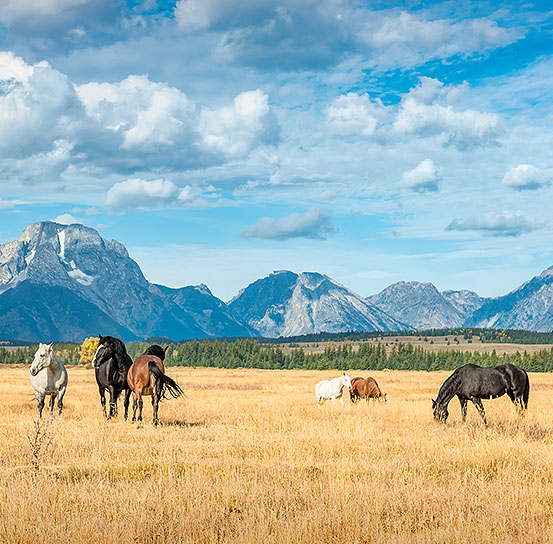Main Content
Our Resources
Wildlife Ranches believes that sustainable ranching is essential for the long-term health of both your property and the planet. We promote sustainable land management practices such as rotational grazing, conservation tillage, and more, to help ensure that your property is both productive and ecologically sound – bringing more buyers and capital for you and your ranch.
We understand that every ranch is unique, which is why understanding the management plan will help your ranch increase its profitability. Whether you’re seeking to maximize your property’s financial potential, conserve its natural resources, or a mix of both, we have the expertise and experience to help your ranch reach its full potential.

Keys To Unlock Your Ranch's Fullest Potential
- Budgeting and expense tracking
- Livestock production and marketing
- Crop production and marketing
- Wildlife habitat management
- Range and pasture management
- Soil and water conservation
- Invasive species control
- Livestock management:
overseeing the care, feeding, and health of livestock such as cattle, horses, sheep, and goats.
- Land management:
managing the use and maintenance of the land, including pasture rotation and conservation practices.
- Financial management:
budgeting, expense tracking, and making decisions about investments and profitability.
- Marketing and sales:
promoting the ranch and its products, such as beef or wool, to customers.
- Labor management:
hiring and managing employees, including cowboys and farm workers.
- Regulatory compliance:
ensuring compliance with laws and regulations related to agriculture and the environment.
- Biodiversity:
Ranches often include large areas of land that support a variety of species and ecosystems. Effective ranch management can help to conserve and enhance biodiversity through practices such as controlled grazing, habitat restoration, and protection of wetlands and other critical areas.
- Soil and water conservation:
Ranches can have a significant impact on the quality and quantity of water and soil resources. Ranch management practices, such as proper grazing, can help to prevent soil erosion, improve water infiltration, and reduce runoff, which can contribute to improved water quality and reduced risk of downstream flooding.
- Carbon sequestration:
Ranches can serve as carbon sinks by storing carbon in vegetation and soil. Ranch management practices that promote healthy grasslands, such as managed grazing and controlled burning, can help to increase carbon sequestration and mitigate the impact of climate change.
- Sustainable agriculture:
Ranch management can contribute to sustainable agriculture by promoting practices that conserve resources and reduce the use of inputs such as fertilizers and pesticides. This can lead to reduced environmental impacts and improved long-term profitability for the ranch.
- Wildfire risk reduction:
Ranches can reduce the risk of wildfires by implementing fire-resistant vegetation management practices and creating firebreaks to reduce the spread of fires.
Overall, effective ranch management can help to conserve natural resources, protect ecosystems, and reduce the impacts of human activities on the environment.
